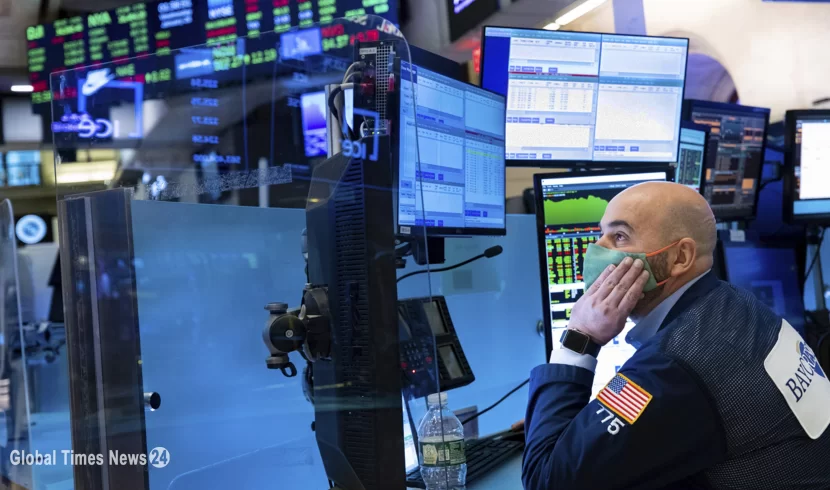China widening spying law spooks foreign businesses
China has widened the scope of its counter-espionage law, which critics worry may create additional legal risks or confusion among global corporations.
 Have the US sanctions hit Iran or benefited this country?
Breaking News / Bussiness
Have the US sanctions hit Iran or benefited this country?
Breaking News / Bussiness
 European Stocks Exhibit Gains; STOXX Europe 600 Bucks the Trend
Bussiness / Breaking News
European Stocks Exhibit Gains; STOXX Europe 600 Bucks the Trend
Bussiness / Breaking News
 Bitcoin down 6% as FTX files for bankruptcy, Binance CEO warns crisis
Bussiness / Breaking News
Bitcoin down 6% as FTX files for bankruptcy, Binance CEO warns crisis
Bussiness / Breaking News
 World food prices reach record high in February: UN agency
Bussiness
World food prices reach record high in February: UN agency
Bussiness
 US stocks fail to recover from inflation-fueled losses, oil prices spike
Bussiness
US stocks fail to recover from inflation-fueled losses, oil prices spike
Bussiness
 Major sports events of 2022
Sport / Breaking News
Major sports events of 2022
Sport / Breaking News
 Intensifying ethnic polarity in Israel reaches deadline of election campaign
World / Opinion
Intensifying ethnic polarity in Israel reaches deadline of election campaign
World / Opinion
 How the FAA went to war against 5G
Technology
How the FAA went to war against 5G
Technology
 Over reliance on fossil fuels puts health of current, future generations in jeopardy
Health / Breaking News
Over reliance on fossil fuels puts health of current, future generations in jeopardy
Health / Breaking News
 Kiss of Ashgabat
World / Opinion
Kiss of Ashgabat
World / Opinion